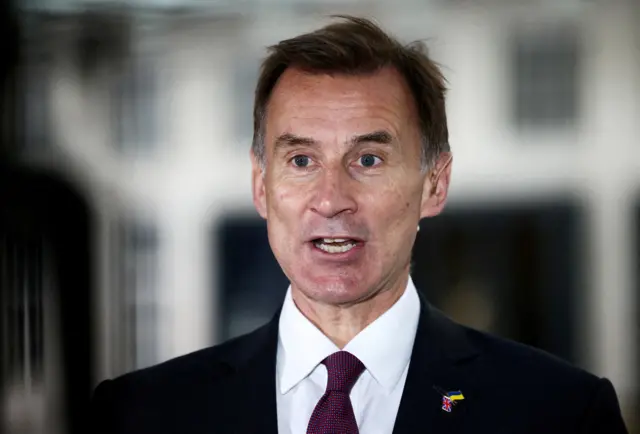'You can't plan how much you'll have each month'published at 13:35 BST 11 May 2023

With interest rates being increased gradually since the end of 2021, people looking to buy their first property have been met with higher mortgage rates.
Guive Shafie house-hunted for four years with his girlfriend. After a long and difficult search, their offer was accepted in November and they moved in March.
The 32-year-old and his partner opted for a tracker mortgage after seeing that fixed deals were “astronomically high”.
But since their offer was accepted, Guive says the interest rate on their mortgage has gone up four times and they are now paying around £150 to £200 more a month.
“It’s a very difficult situation because you can‘t actually plan how much you have every month,” he says.
With rates rising again from 4.25% to 4.5%, that will see those on a typical tracker mortgage pay about £24 more a month.






